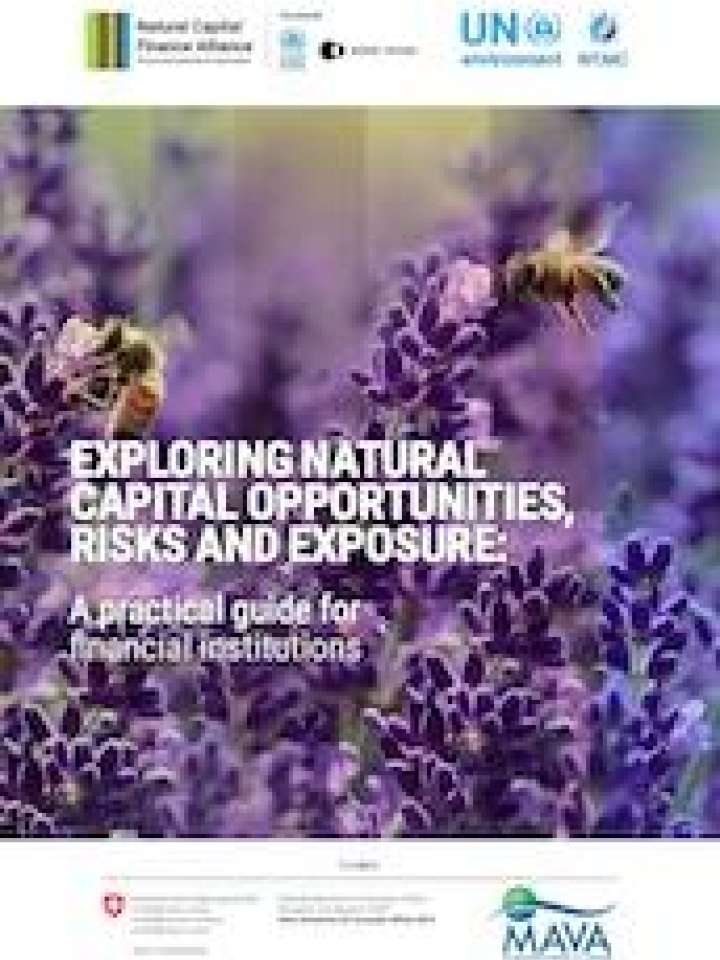Exploring natural capital opportunities, risks and exposure: A practical guide for financial institutions
Financial institutions are exposed to natural capital risks that affect the businesses that they lend to or invest in. If a bank is lending to a farm that is unable to sustain production or facing increased costs due to water shortages, or whose crop is failing regularly due to changing climate conditions, then the farmer may not be able to service loan payments temporarily or may go out of business in the long term.
Financial institutions wishing to understand and assess their exposure to natural capital risks have faced a lack of comprehensive and systematic information on how businesses depend on the environment and the consequences when that relationship is disrupted by environmental change.
The Natural Capital Finance Alliance has partnered with UN Environment World Conservation Monitoring Centre to create ENCORE, the first web-based tool linking nature to the economy. It allows institutions to understand:
- How the businesses in their portfolio depend on nature for their production processes and how important these dependencies are to businesses' operations.
- How environmental changes affect the ability of nature to continue providing the ecosystem services on which the businesses depend.
- What drivers of environmental change have the greatest impact on businesses in their portfolio.
ENCORE is designed for financial institutions to assess their exposure to natural capital risk in a systematic and comprehensive manner. The tool allows users to identify material natural capital risks to any business sector and assess these risks for any location, based on current environmental data.
Explore further
